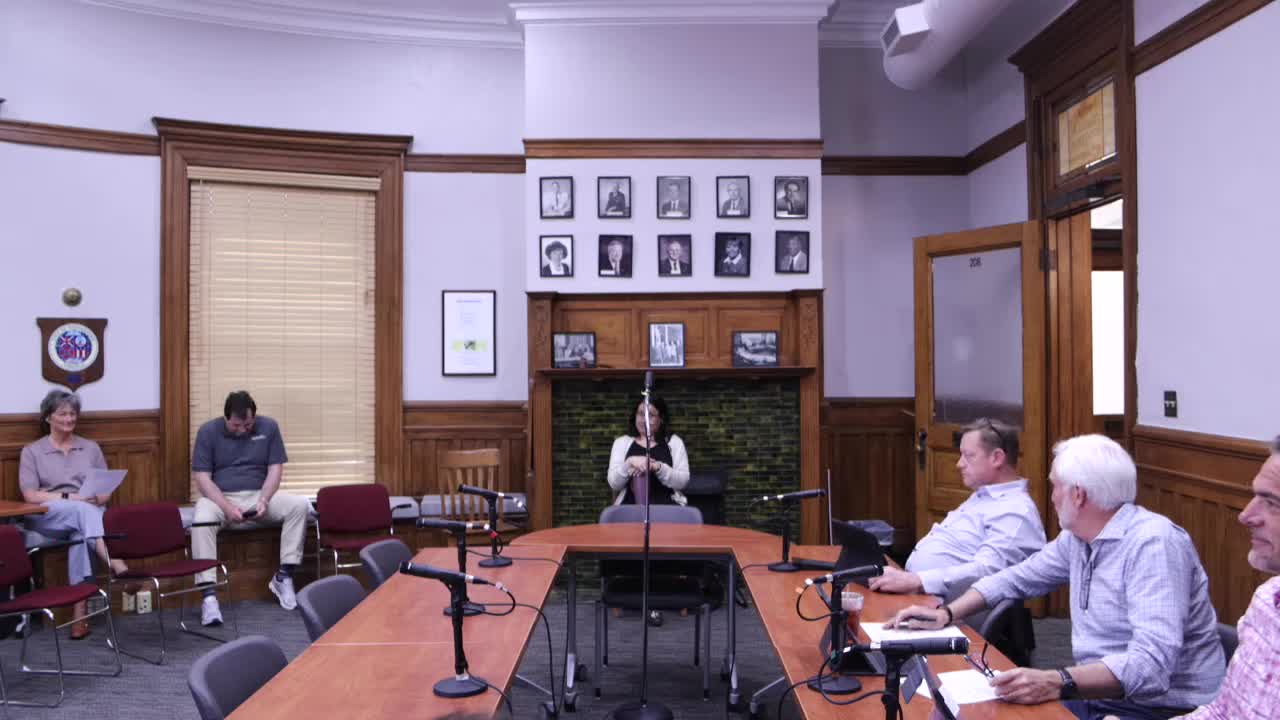Finance committee forwards City-funded Business Impact and City Construction Assistance Program to full council
Get AI-powered insights, summaries, and transcripts
Subscribe
Summary
The finance committee recommended forwarding a resolution creating a $50,000 Business Impact and City Construction Assistance Program, to be administered by the Winchester Economic Development Authority and targeted at businesses materially shut down by city construction projects.
The finance committee of the Winchester Common Council voted to forward a resolution recommending creation of the Business Impact and City Construction Assistance Program (BIC App) to the full council for consideration.
The program was seeded with $50,000 and is structured to provide awards up to $10,000 per affected business for material, site‑specific revenue loss caused by city construction projects. The Winchester Economic Development Authority (EDA) will administer the program subject to appropriation of funds by the city.
Committee members and staff said the program is intended to help small, independently owned businesses with physical sites inside project footprints that are effectively shut down by city work. EDA staff told the committee the program will be retroactive to Jan. 1 of the year the program is approved and that awards would be evaluated using business financial statements and 90‑day comparisons to isolate the construction impact from ordinary seasonality.
EDA staff described several eligibility and administrative rules during the discussion: awards target businesses independently owned with fewer than 30 employees at the affected site; nonprofits, banks and certain franchise or utility vendors are ineligible; applicants must document site‑specific financial impact and, in many cases, show a physical closure of the site for at least three days. If multiple qualifying applications arrive at the same time, awards may be prorated; otherwise the program will operate first‑come, first‑served until funds are exhausted.
EDA staff and committee members emphasized coordination with Public Works staff (named in the discussion as Perry and Kelly) to improve advance notice to businesses about project timelines and to reduce impacts by operational changes where possible. Committee members expressed concern the $50,000 seed could be exhausted quickly if multiple large projects overlap and suggested the city consider longer‑term funding strategies—such as adding a small percentage of large project budgets to an ongoing assistance pool—rather than a one‑time appropriation.
The finance committee recommended the resolution be placed on the council’s regular agenda for further review. EDA staff said they will report back to the committee and council after the first round of applications with usage numbers and suggested program tweaks.
